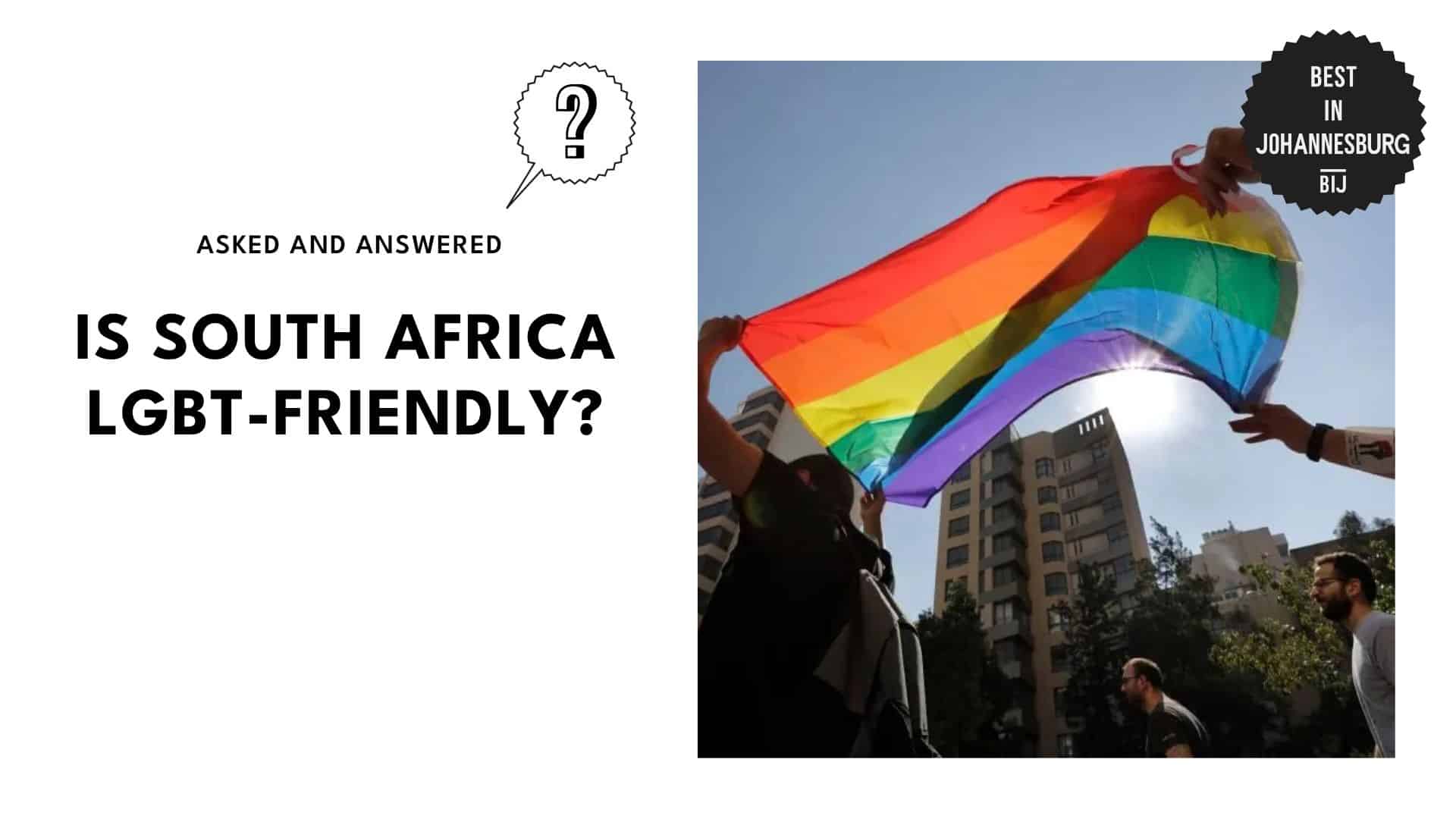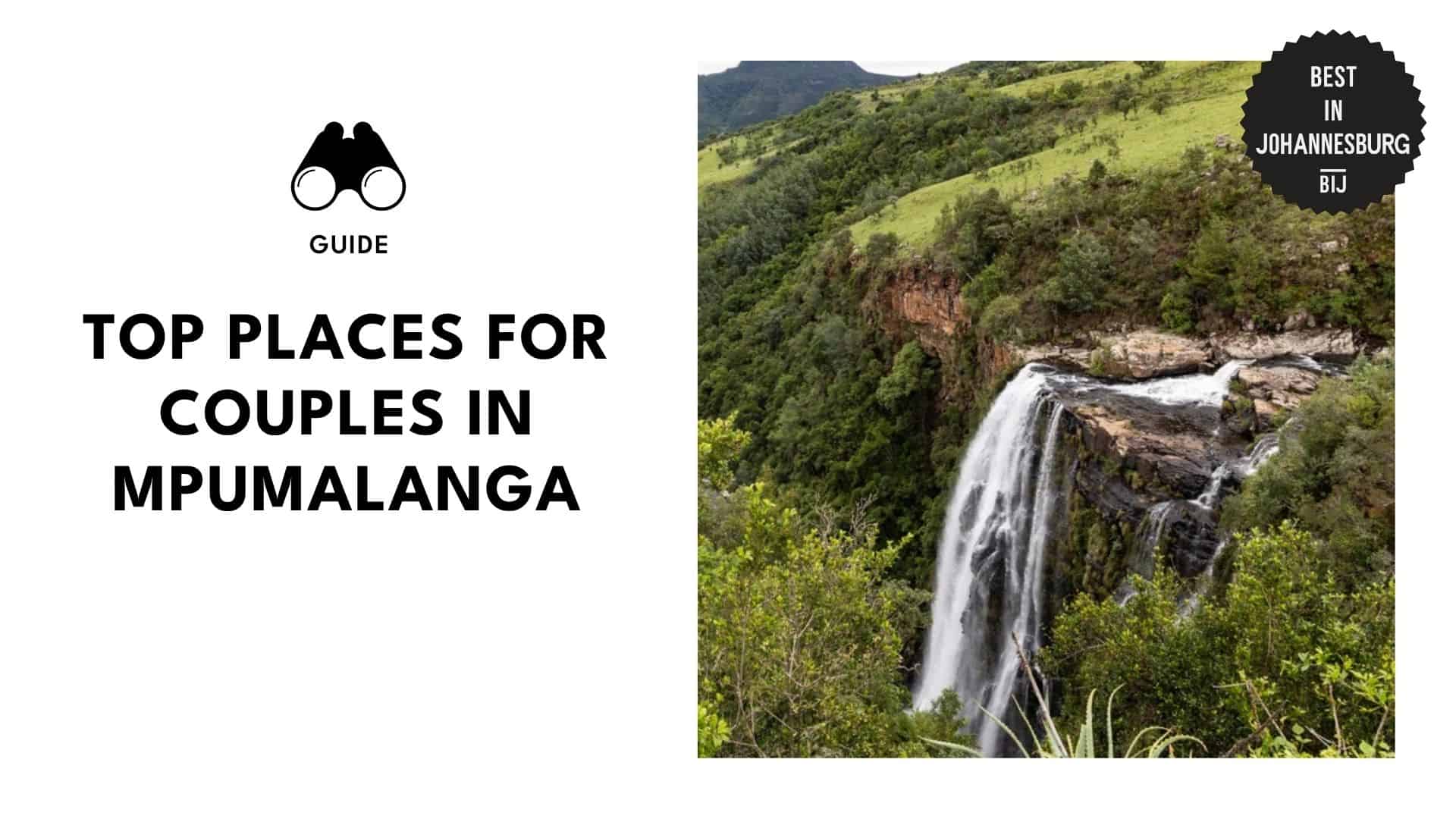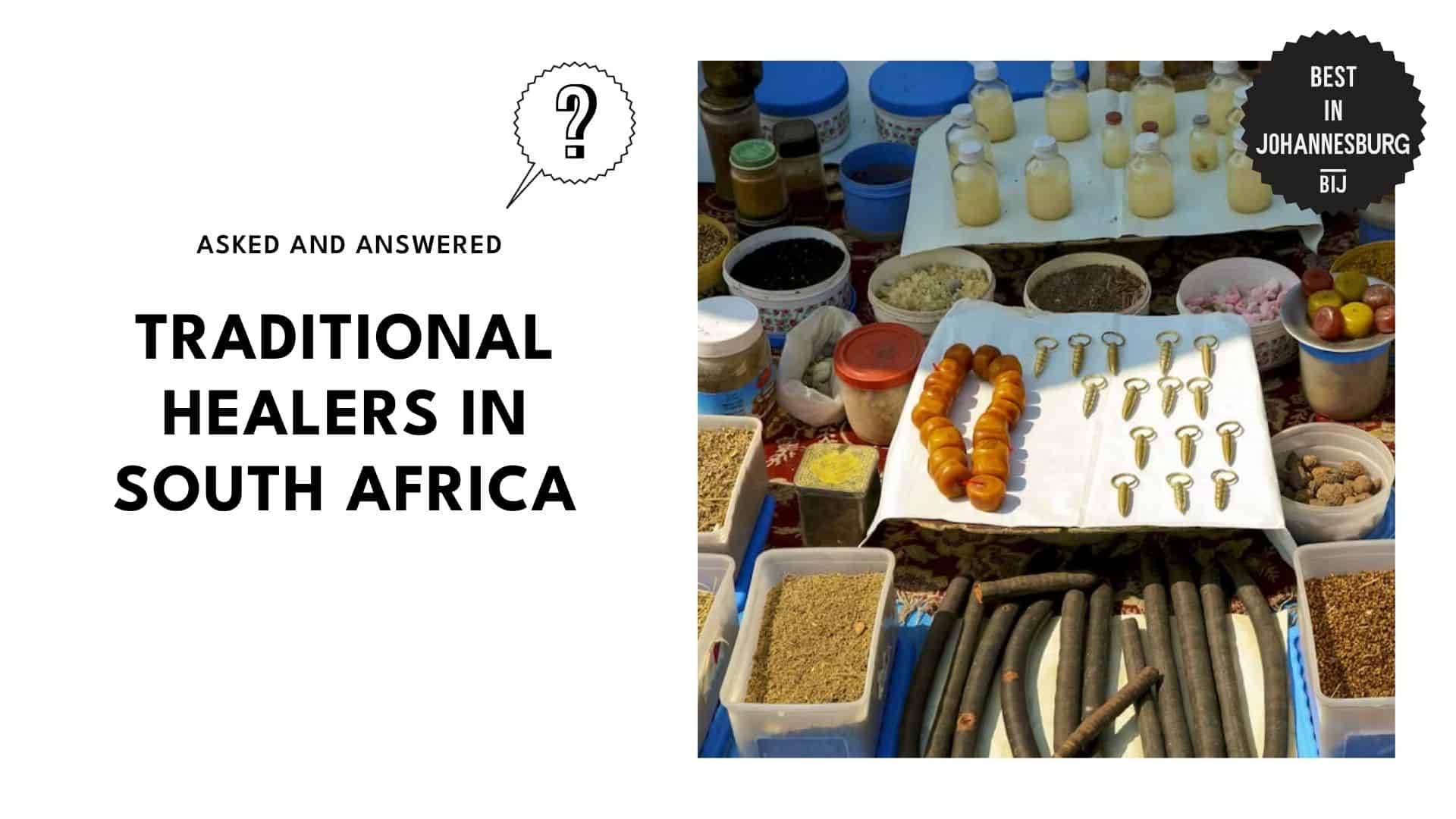Categories > Guides and Tips

Everything You Need to Know Before Visiting South Africa
- When’s the best time to visit South Africa?
- Do you need a visa to visit South Africa?
- Should you get vaccinated before you visit South Africa?
- What currency should you bring?
- How do you get around South Africa?
- How much does it cost to visit South Africa?
- How many days do you need to see South Africa?
- Is it safe for tourists to stay in South Africa?
- What souvenirs can you take home from South Africa?
- Beaded Jewellery
- Rooibos Tea
- Biltong
- African Masks
- Cape Malay Spices
- Shweshwe Dresses
You’re probably interested in making a trip to South Africa for its stunning natural beauty, diverse cultures, and fascinating history – and we can’t blame you! South Africa is truly one of the best tourist destinations you just can’t miss.
To help you out, we came up with a travel guide to provide you with all the essential information you need to know before embarking on your South African adventure, from visa requirements and safety tips to cultural etiquette and wildlife conservation!
When’s the best time to visit South Africa?

Generally, the best time to visit South Africa is during the dry season, which runs from May to September. This is the best time for wildlife viewing, as animals tend to congregate around water sources during this time.
But, if you’re planning to visit Cape Town, then the summer months from November to March are the way to go. The warm and sunny weather during this time will be perfect for enjoying all the tourist activities the city has to offer.
Ultimately, your travel schedule depends on your preferences and planned activities. Also, South Africa’s climate varies depending on the region, so the best time to visit will also depend on where you’re planning to go.
Do you need a visa to visit South Africa?

Most travellers to South Africa will require a visa, with a few exceptions. Visitors from certain countries, including the United States, do not require a visa if their stay is less than 90 days.
As of April 2023, there are 104 countries where regular passport holders are visa-exempted. However, some countries are also exempted from the visa requirement if you own a diplomatic, official, or special passport.
You can view the complete list here.
If you do need a visa, you can apply at your nearest South African embassy or consulate. You can also do this online if that works better for you.
Visa processing times can take a couple of days, so we advise you to apply well in advance of your trip.
Also, take note that there are different types of visas, all with their own purpose and validity: tourist visa, business visa, and transit visa. You’ll also need the following documents to apply:
- A valid passport with at least two blank pages
- Proof of accommodation in South Africa
- Proof of sufficient funds to cover your stay in South Africa
- A return ticket or onward travel itinerary
- A vaccination certificate (if applicable)
Should you get vaccinated before you visit South Africa?

You should get vaccinations for hepatitis A, typhoid, yellow fever, and malaria if you’re planning to visit South Africa.
While these vaccinations– except yellow fever vaccines in some areas, aren’t required, it’s highly recommended that you get shot as a precaution.
This is because the infectious diseases these vaccines protect you from may be prevalent in some places, particularly in rural areas. It’s also worth noting that the country is considered a high-risk area for malaria.
We also recommend checking in with your doctor prior to the trip to make sure you’re covered for any other vaccinations or health precautions you should take before travelling.
It’s always better to be safe than sorry, so make sure you do your research and take the necessary precautions to keep yourself healthy during your trip.
What currency should you bring?

When travelling to South Africa, it would be ideal to have some South African rands (ZAR) on hand.
We advise you to exchange your local currency for ZAR even before you leave your own airport, but don’t worry, you can often do this in hotels and lodges.
As of April 2023, the exchange rate is approximately 15 ZAR to 1 USD.
It’s a good idea to bring some cash with you for smaller purchases, as credit cards may not be accepted in all locations. ATMs are widely available in major cities but may be more difficult to find in rural areas.
Also, a heads up: upon arrival and before leaving South Africa, tourists are required to disclose any type of foreign currency you have at the border and upon arrival and before leaving South Africa.
How do you get around South Africa?

To get around South Africa, tourists can rent a private car or hire a personal driver, use public transportation (trains, taxis, and buses), or book an Uber.
Take note, though, that Uber cars are mostly just available in Johannesburg and Pretoria.
The most popular way to get around is by private car, as it’s pretty easy to self-drive around South Africa. The major roads and highways are in excellent condition, but the rural roads can be bumpy and a little less cared for.
Just a reminder, keep your eyes on the road and beware of wildlife crossing! If your driving license is printed in English and displays your photo, you won’t need an international license, which is awesome.
If you don’t want the hassle of driving around, that’s what public transit is for, with trains and buses linking the major cities. However, it’s important to exercise caution when using public transportation, especially at night.
How much does it cost to visit South Africa?

On average, a two-week trip to South Africa can range from USD 1,500 to USD 3,500 per person for a moderate budget and more than USD $6,000 USD per person for a more luxurious itinerary.
Keep in mind that you’re in charge of how much to spend on a trip and it all depends on your travel style, the time of year you visit, and what kind of activities you have planned.
Thankfully, you can easily score cheap accommodations in South Africa. Hostels and guesthouses are great options for the budget traveller.
But if you have the cash to spend, South Africa also boasts some of the most luxurious lodges in Africa. You’ll also come across a long list of fancy-schmancy luxury resorts.
When it comes to food and drinks, you can choose from street food and local markets to high-end restaurants and wine tastings, depending on your preferences and wallet size.
How many days do you need to see South Africa?

The amount of time you need to explore South Africa really depends on what you want to experience. Regardless, we recommend staying a minimum of 10 days to about a month to explore as much as you can.
Are you a beach bum or a safari enthusiast? Do you crave adrenaline-fuelled activities or cultural immersion?
These factors will determine how long you should stay in the country.
If you have your heart set on a specific region or activity, you could spend your whole stay fully immersing yourself in it. But, if you’re looking to get a taste of everything that South Africa has to offer, we recommend planning to stay longer.
Is it safe for tourists to stay in South Africa?

It’s generally safe for tourists to stay in South Africa.
Fret not, many tourists visit South Africa every year without incident and enjoy a safe and enjoyable trip. South Africa can definitely be safe for tourists if you take the necessary precautions.
That said, tourists should be aware before visiting South Africa that the country has a higher crime rate, especially in certain areas. Nonetheless, visitors travelling to major tourist spots face a minimal risk of violent crime.
To stay safe, it’s important to research your destination and stay aware of your surroundings, particularly at night.
You should also avoid wearing flashy jewellery or carrying expensive items in public, and be cautious when using ATMs or carrying large sums of cash.
We also highly recommend purchasing comprehensive travel insurance to cover any unexpected emergencies or incidents that may occur during the trip.
As you go around, make sure to bring a copy of your passport and visa (if applicable) and keep the originals in a safe place.
What souvenirs can you take home from South Africa?

With a rich cultural history, visitors can take a piece of South Africa home with them through handmade crafts, traditional clothing, jewellery, and artwork that you won’t find anywhere else.
Here are some South African Souvenirs you might want to take home:
1. Beaded Jewellery

Where to buy: Rosebank Sunday Market
Address: 50 Bath Ave, Rosebank, Johannesburg, 2196, South Africa
Price: R 50 to R 300 per piece
At the Rosebank Sunday Market in Johannesburg, you can find amazing handmade crafts like handmade beaded necklaces, bracelets, and anklets that are perfect for taking home as a memento.
2. Rooibos Tea

Where to buy: Carmien Tea farm (https://carmientea.co.za/)
Address: Bergendal Boerdery, Paleisheuwel Road From the, N7, Citrusdal, 7340, South Africa
Price: R 29 for a box of 20s
Rooibos tea is a popular herbal tea that is grown in South Africa known for its distinct flavour and its potential health benefits. Rooibos tea can be found in many grocery stores and souvenir shops across the country.
However, if you want to visit the source, the Carmien Tea farm in Citrusdal offers guided factory tours and pairing tastings for R 180 per person.
3. Biltong

Where to buy: The Butcher Man (https://thebutcherman.co.za/)
Address: 105 Main Rd, Green Point, Cape Town, 8005, South Africa
Price: ~ R 280 for 1kg
Biltong is a popular South African snack made from dried and cured meat from beef or ostrich. The meat is seasoned with a blend of spices such as coriander, salt, and pepper, and then hung to air dry for several days.
A tasty, chewy, and protein-rich snack is the end product, which may be consumed on its own or combined with other foods like salads and sandwiches.
4. African Masks

Where to buy: African Art Centre (https://afri-art.co.za/)
Address: 500 Esther Roberts Rd, Glenwood, Berea, 4001, South Africa
Price: ~ R 200 to R 1200 per mask
African masks are an important part of African traditional art and culture. They are used in various cultural and spiritual ceremonies and are often considered to have a sacred or spiritual significance.
African masks are typically made from materials such as wood, metal, and fabric, and can be decorated with a variety of designs, including geometric patterns, animal motifs, and human faces.
You can check out the African Art Centre in Durban, as they have a wide selection of African masks, as well as other African art and crafts.
5. Cape Malay Spices

Where to buy: Atlas Trading Company (https://atlastradingonline.com/)
Address: 104 Wale St, Schotsche Kloof, Cape Town, 8001, South Africa
Price: ~ R 8.40 for 100g
Cape Malay spices are a blend of spices commonly used in the cuisine of the Cape Malay people, a community of people in Cape Town, South Africa who are descended from slaves brought over from Southeast Asia and other regions.
The blend typically includes a mix of spices such as coriander, cumin, turmeric, ginger, and cinnamon, among others, and is used to season a variety of dishes, including curries, stews, and roasted meats.
The best place to buy Cape Malay spices is at the Atlas Trading Company in Cape Town, which has been selling spices since 1946.
6. Shweshwe Dresses

Where to buy: Makotis (https://www.makotis.co.za/)
Address: 112 Helen Joseph St, Johannesburg, 2000, South Africa
Price: ~ R 300 to R 500
Shweshwe dresses are traditional dresses made from Shweshwe fabric, a printed cotton fabric that is widely used in South Africa for traditional clothing, particularly for women’s dresses.
The fabric has a distinctive texture and design, with intricate geometric patterns and bold colours, and is often used in traditional African clothing.
Makotis is a well-known fabric and fashion store in South Africa that specialises in African prints, including Shweshwe fabric. They have a range of Shweshwe dresses available for purchase in-store and online, so make sure to check them out.





